Moving is a time of transition, and for many Alexandria residents, it’s also a time of concern, especially when it comes to fragile items. From delicate glassware to valuable electronics and cherished collectibles, these possessions require special care to ensure they arrive at your new home intact. Understanding the different types of fragile items and how to handle them is essential for a smooth, damage-free move.
In the heart of Alexandria, Reputation Movers are established experts in local and long distance moving. If you have any questions after reading this guide, please reach out.
Types of Fragile Items and Their Unique Challenges
Glass & Ceramics
Glass and ceramic items are among the most vulnerable during a move. Their brittleness means even a small bump can cause chips, cracks, or complete breakage. This category includes:
- Drinking glasses
- Plates, bowls, and mugs
- Mirrors
- Picture frames with glass
- Glass shelves or table tops
- Porcelain figurines
How to Handle Glass & Ceramics
Wrap each item individually in packing paper or bubble wrap, paying special attention to corners and edges. Use sturdy boxes and cushion the bottom with crumpled paper. For plates and bowls, pack them vertically like records to reduce pressure. Clearly label boxes as “Fragile” and avoid stacking heavy items on top.
.webp)
Electronics
Electronics are not only expensive but also sensitive to shock, static, and temperature changes. This group includes:
- TVs and computer monitors
- Desktop computers and laptops
- Audio equipment (speakers, receivers, turntables)
- Kitchen appliances with glass components (microwave doors, blenders)
How to Handle Electronics
Whenever possible, use the original packaging with custom foam inserts. If that’s not available, wrap devices in anti-static bubble wrap and place them in snug-fitting boxes. Remove batteries and detachable parts, and secure cables separately. For screens, add an extra layer of cardboard for protection. Keep electronics away from moisture and extreme temperatures during the move.
Furniture
Certain furniture pieces are more fragile than they appear, especially those with glass inserts or delicate finishes. Examples include:
- Items with glass inserts (cabinets, coffee tables)
- Antique furniture with delicate joints
- Veneered or lacquered surfaces that scratch easily
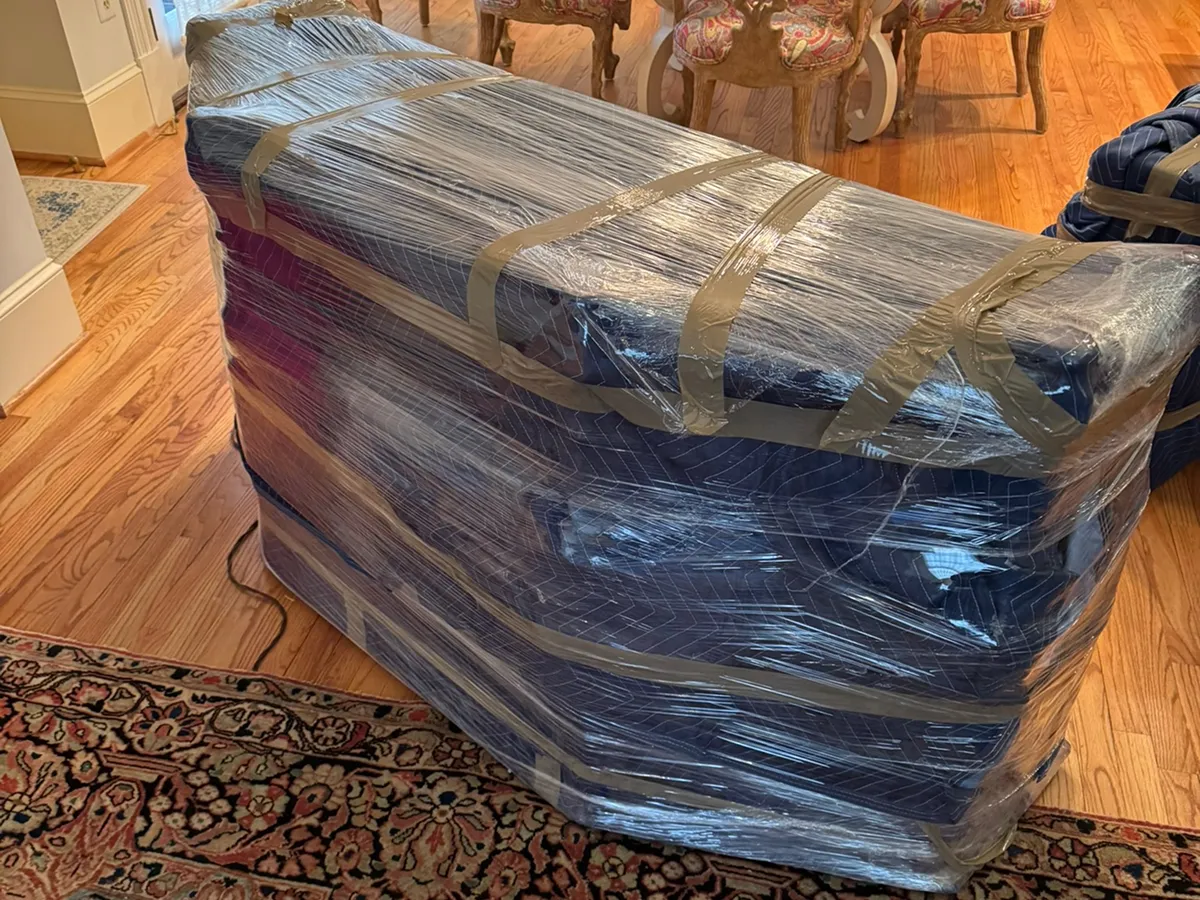
How to Handle Fragile Furniture
Remove glass panels or shelves and pack them separately. Wrap furniture in moving blankets and secure with stretch wrap to prevent scratches. For antiques, avoid placing heavy items on top and use extra padding around joints and corners. Disassemble when possible to reduce stress on delicate parts.
Kitchenware
The kitchen is full of fragile items that require careful packing, such as:
- Dishes and serving platters
- Wine glasses and stemware
- Teapots and ceramic cookware
- Pyrex and other oven-safe glass
How to Handle Kitchenware
Use dish pack boxes with dividers for glasses and stemware. Wrap each piece in packing paper, and fill empty spaces with crumpled paper or foam peanuts. For cookware, separate lids and handles, and cushion all sides to prevent shifting.
Decor & Collectibles
Decorative items often have sentimental or monetary value and can be uniquely shaped or fragile. This category includes:
- Artwork (paintings, sculptures)
- Vases
- Lamps and lamp shades
- Clocks (especially pendulum or antique)
How to Handle Decor & Collectibles
For artwork, use specialty picture boxes or custom crates. Wrap sculptures and vases in bubble wrap and cushion with foam. Remove lampshades and pack them separately in boxes with plenty of padding. For clocks, secure moving parts and pack upright.
Musical Instruments
Musical instruments are both valuable and delicate, with many sensitive components. Common examples are:
- Guitars, violins, and other string instruments
- Keyboards and pianos
- Brass or woodwind instruments with delicate parts
How to Handle Musical Instruments
Use hard cases whenever possible. For string instruments, loosen the strings to relieve tension. Wrap instruments in soft cloths or bubble wrap, and fill empty spaces in the case with padding. For pianos, professional movers with specialized equipment are highly recommended.
Household & Miscellaneous Fragile Items
Some household items are easy to overlook but can be easily damaged during a move. These include:
- Light fixtures and chandeliers
- Candles (can melt or deform)
- Plants and planters
- Jewelry or small decorative boxes
How to Handle Miscellaneous Fragile Items
Disassemble light fixtures and wrap each part separately. Keep candles cool and pack them upright. For plants, use sturdy boxes and secure pots to prevent tipping. Jewelry should be packed in padded containers or original boxes to avoid tangling or scratching.
General Tips for Moving Fragile Items
No matter what type of fragile item you’re moving, a few universal strategies can help keep your valuables safe:
- Label all boxes containing fragile items clearly on multiple sides.
- Fill empty spaces in boxes to prevent shifting during transit.
- Use high-quality packing materials and avoid overpacking boxes.
- Transport especially valuable or irreplaceable items yourself if possible.
- Consider insurance for high-value items or collections.
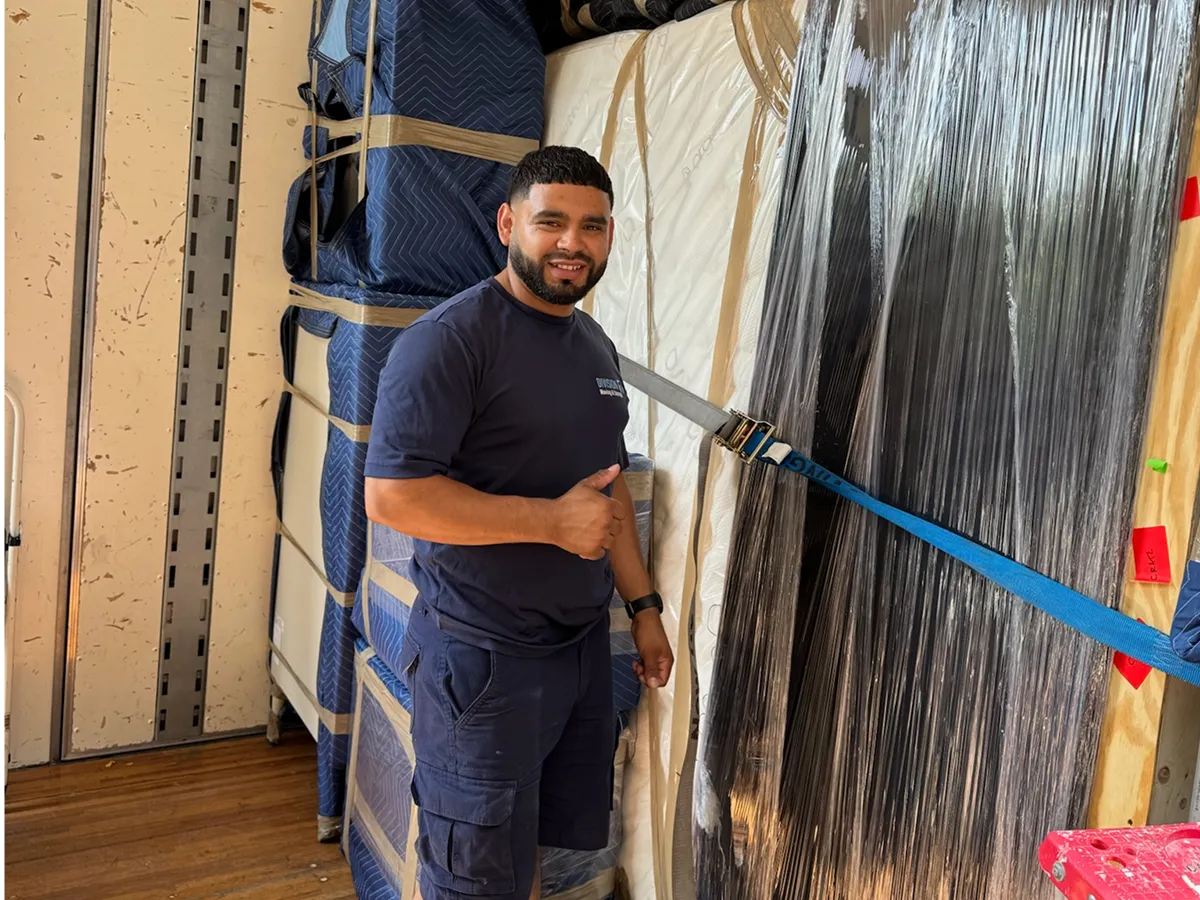
How Professional Movers Can Help Protect Your Fragile Items
Expert Packing and Handling
Professional movers like Reputation Movers have the experience, materials, and techniques to pack and transport fragile items safely. Our team uses specialty boxes, custom padding, and careful handling to minimize risk. We can also provide custom crating for artwork, antiques, and other high-value pieces.
Specialized Equipment and Insurance
From piano dollies to climate-controlled trucks, professional movers have the right tools for the job. We also offer insurance options for added peace of mind, so you can rest easy knowing your most delicate possessions are protected.
Frequently Asked Questions About Moving Fragile Items
Should I pack fragile items myself or let movers handle them?
If you have experience and the right materials, you can pack some items yourself. However, for especially valuable or delicate pieces, professional packing is recommended to ensure maximum protection.
How do I move large glass items like mirrors or table tops?
Use specialty mirror boxes or custom crates, and always keep glass items upright. Add extra padding around the edges and corners, and label the box clearly.
What’s the best way to move plants?
Transport plants in your own vehicle if possible, and avoid extreme temperatures. Secure pots in boxes and cushion with paper or towels to prevent tipping.
Trust Reputation Movers for Safe, Stress-Free Moving in Alexandria, VA
Moving fragile items doesn’t have to be a source of anxiety. With careful planning and the help of experienced professionals, you can ensure your valuables arrive safely at your new home. Reputation Movers in Alexandria, VA, offers expert packing, specialized equipment, and a commitment to treating your belongings with the utmost care.
Ready to protect your fragile items and enjoy a smooth move? Contact Reputation Movers today for a free quote and discover how we can help you move with confidence.
.webp)
.webp)
.webp)
.webp)
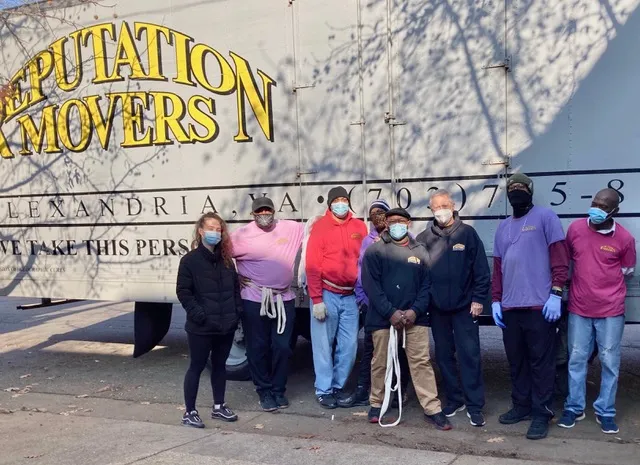
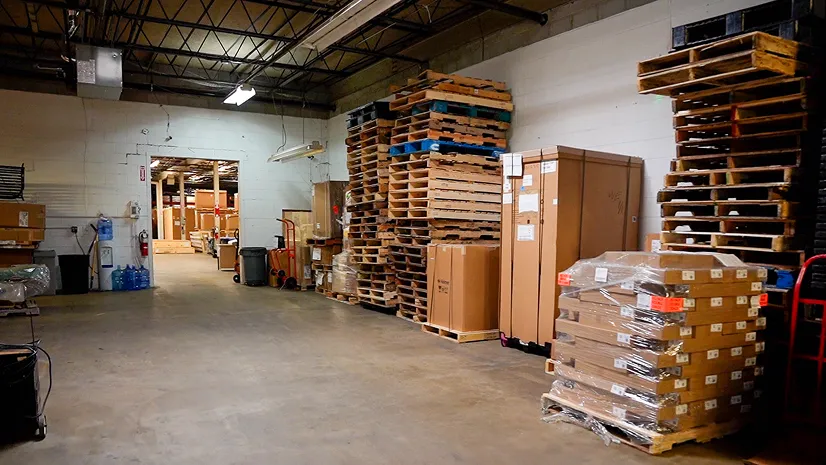
.webp)
.webp)
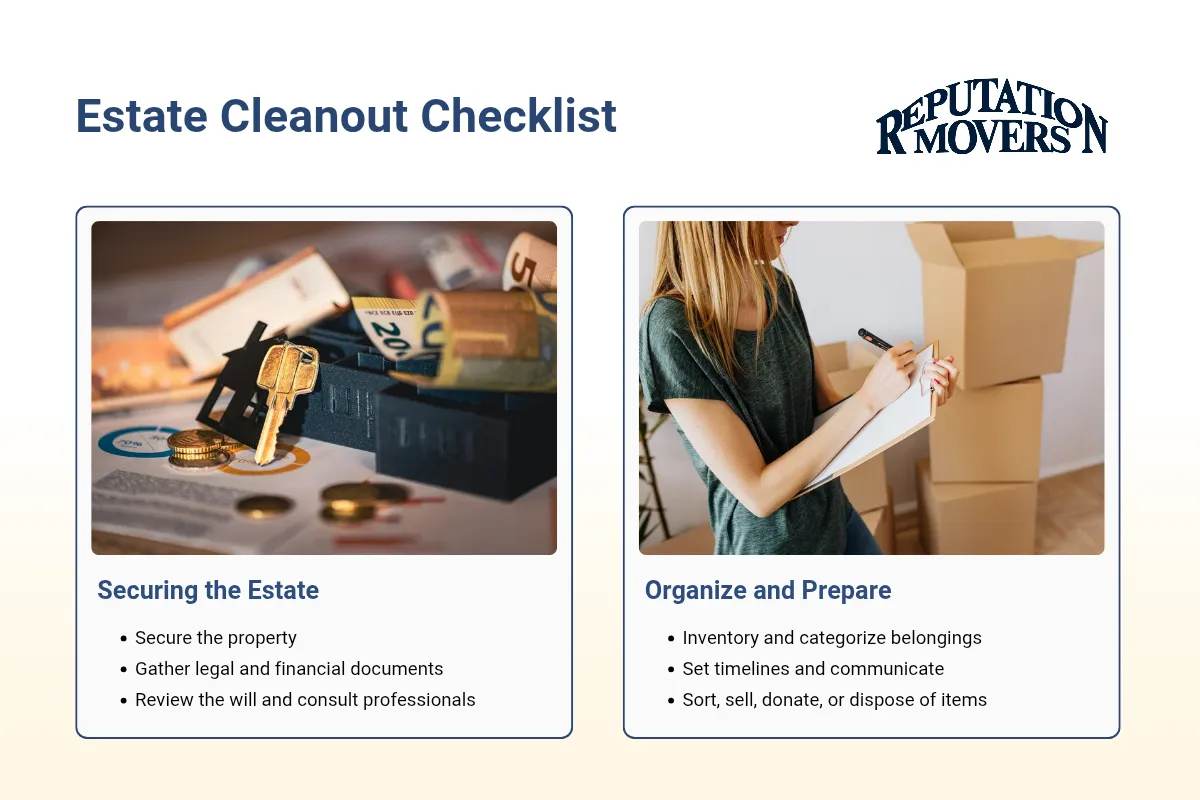


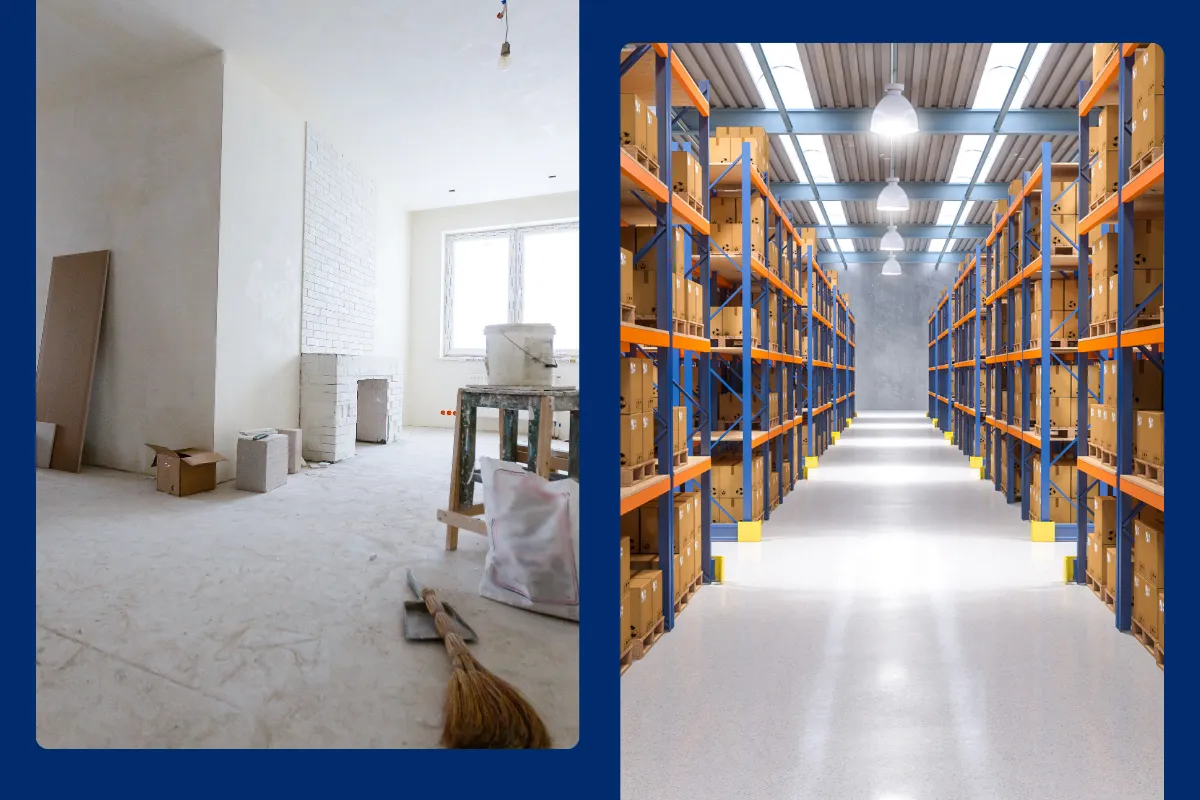
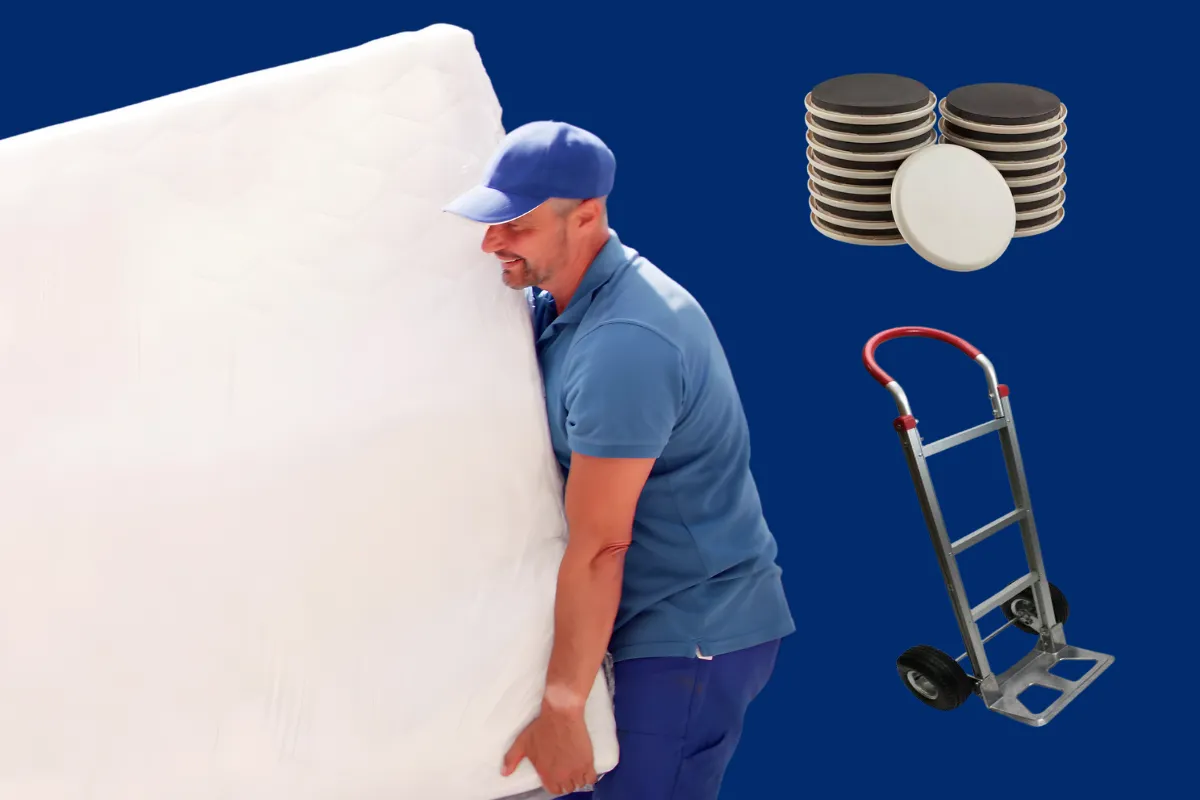

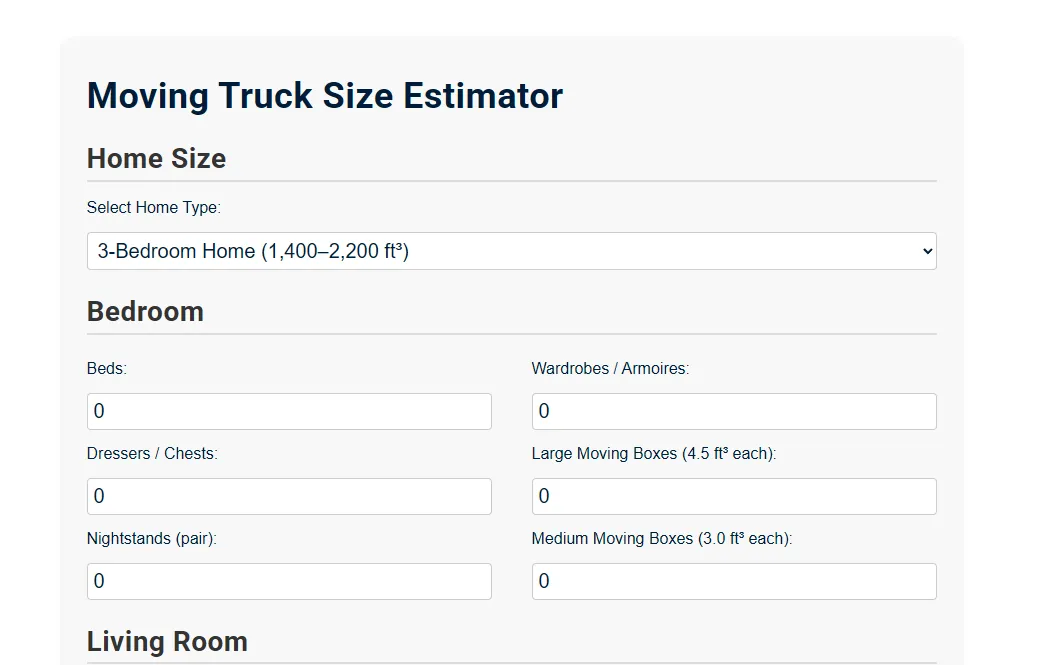


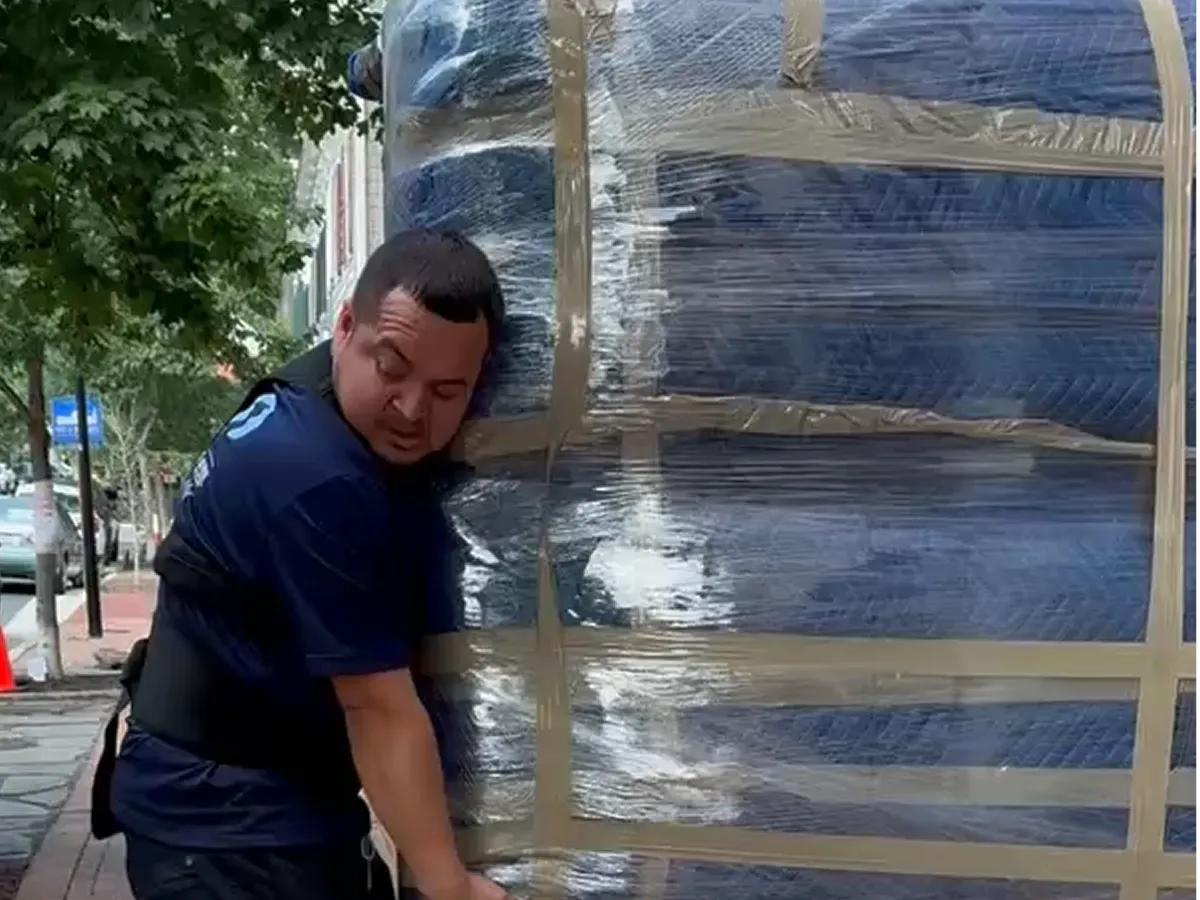
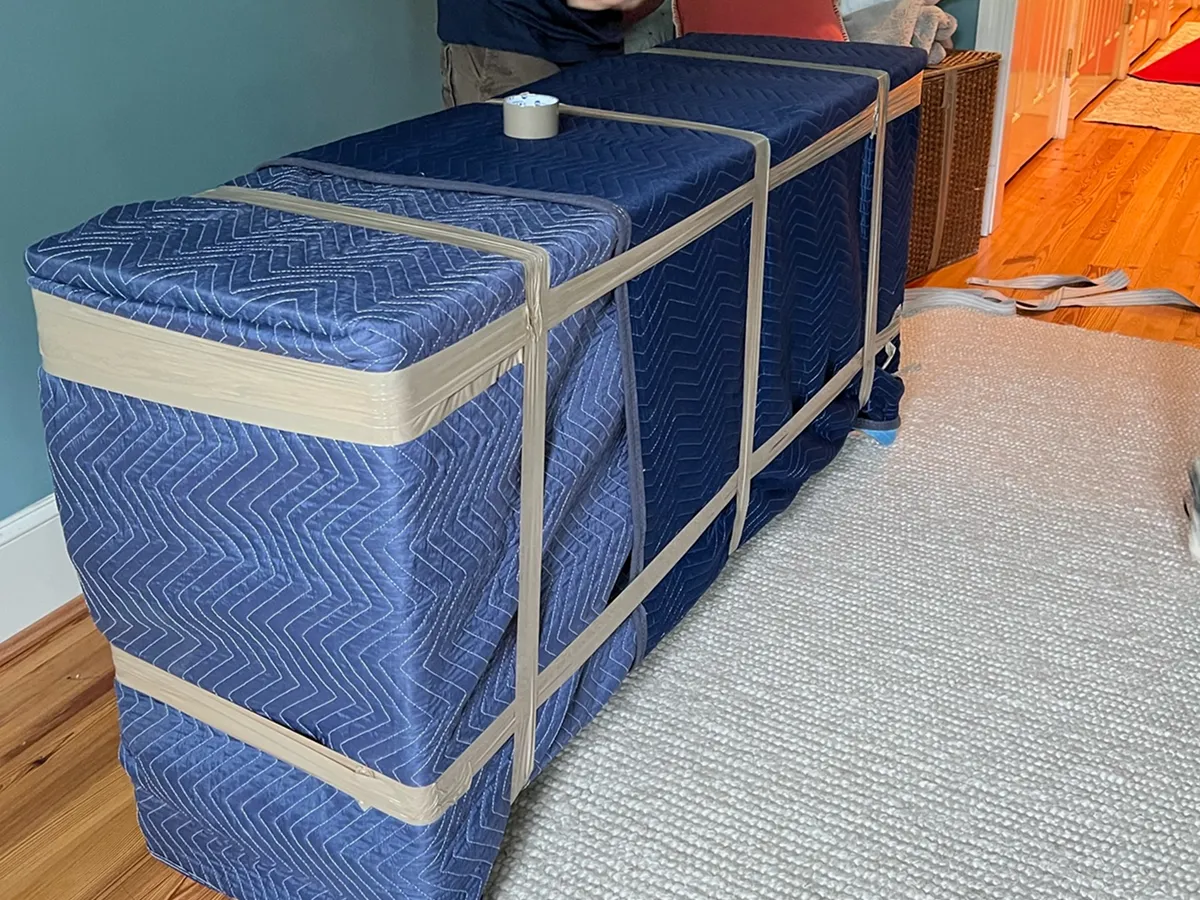


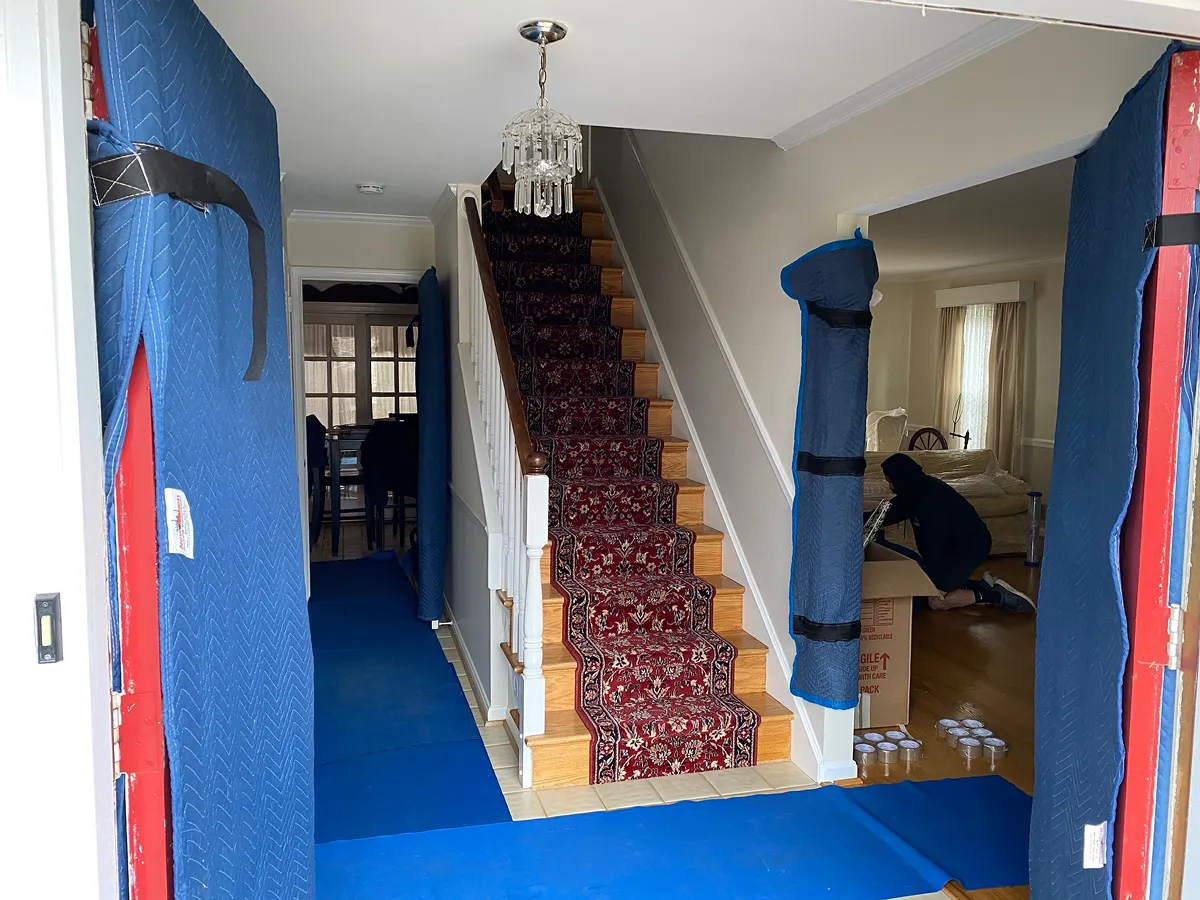
.webp)
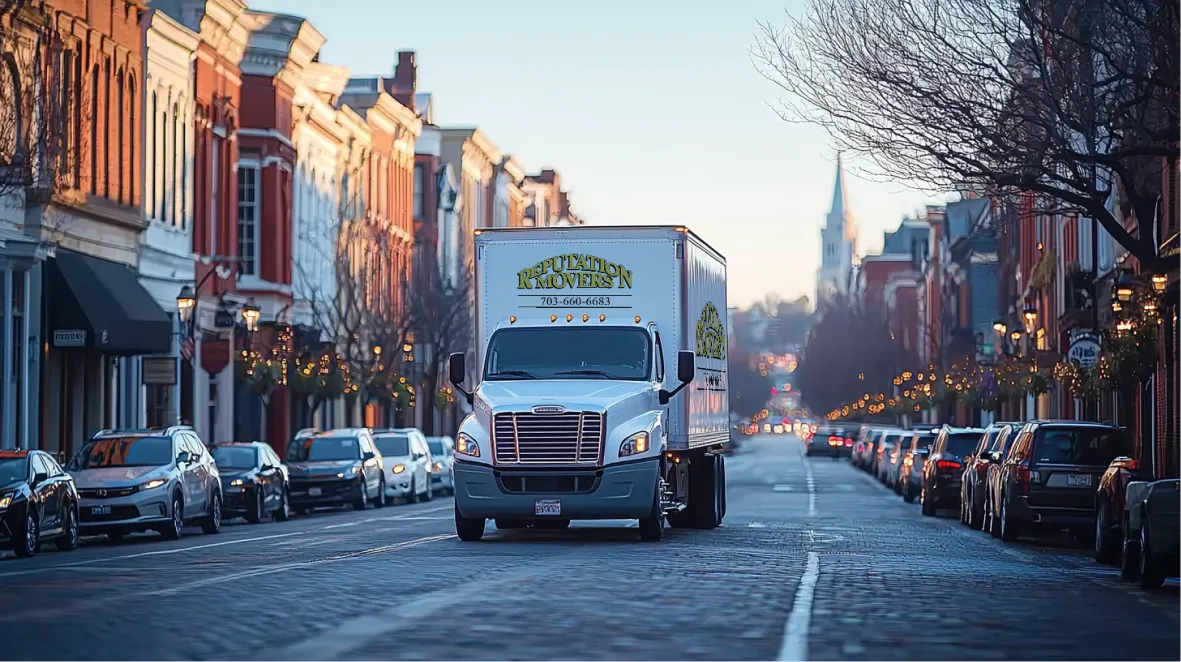
.webp)
























.png)